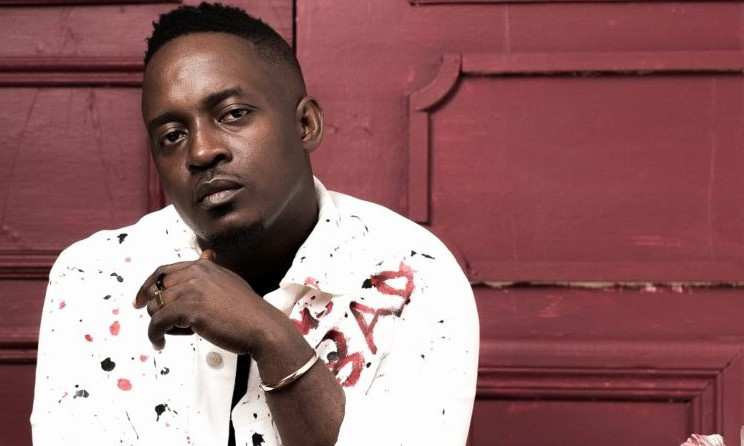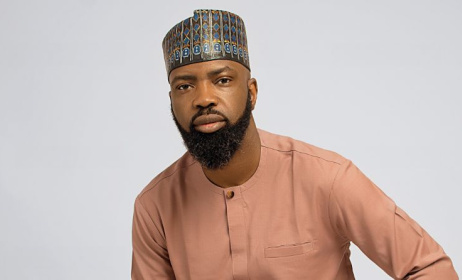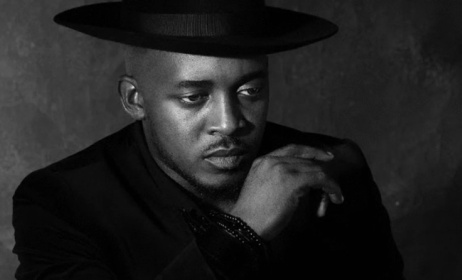MI Abaga opens up about Chocolate City’s deal with Warner Music
Rapper and label executive MI Abaga spoke to Music In Africa’s West African editor, Oris Aigbokhaevbolo, about the Chocolate City and Warner Music Group partnership.
 MI Abaga: Chocolate City is happy with the Warner Music family. Photo: Guardian NGR
MI Abaga: Chocolate City is happy with the Warner Music family. Photo: Guardian NGR
The deal, which was announced on 28 March, sees the two companies enter into an arrangement that would see Warner Music inject funds into Chocolate City’s operations and also use its extensive network to promote artists on the label.
It was, however, unclear if the first few albums from Chocolate City, including MI Abaga’s own 2008 record Talk About It, as well as Jesse Jagz’s Jagz of All Tradez (2010) and Ice Prince’s Everybody Loves Ice Prince (2011), would come under Warner Music. But Abaga confirmed that although both Ice Prince and Jesse Jagz had left Chocolate City, their albums under the Chocolate City label had been included in the deal.
“Those albums are on the Chocolate City catalogue,” Abaga said. “And the deal with Warner Music affects everything Chocolate City, so those albums are included.”
I asked Abaga how the deal affects the promotion of Chocolate City’s artists: will Warner Music break their music into foreign markets and increase their revenue from other territories or will the funds received be put to use locally, to build an even better business model locally?
Abaga said both scenarios were not mutually exclusive; the company plans to do both. “Our job is to help artists do well,” he said. “There are going to be artists whose main focus is local and they are going to succeed there. There are going to be artists who want to cross boundaries and conquer the world. If the artist is talented and special, Chocolate City is home.”
The rapper also spoke about how long it took for the deal to reach fruition. “Our first contact was maybe about 18 months ago. The due diligence on deals like this, internationally, can take years” but the process was sped up through the efforts of the label’s leadership team comprising Audu Maikori, Paul Okeugo and Aibee Abidoye.
“It speaks to the structure that Chocolate City has been intentional about building since the beginning,” Abaga said. “That’s why instead of using their own structure, they’d used our own structure to build.”
Asked how the arrangement works for Chocolate City’s subsidiaries like 100 Crowns, the label responsible for delivering Blaqbones’ debut album as well as the AQ & Loose Kaynon collaboration, MI said the new deal covered every imprint under Chocolate City. “No man is left behind,” he said. He was, however, reluctant to discuss how royalties would trickle down to artists signed to the subsidiaries.
I sought to know if Chocolate City – which Abaga, as a rapper, declared “the biggest label Africa ever created” – would remain Africa-owned should Warner Music, an American multinational, invest heavily into the label. But MI appeared hesitant. Eventually, he said that depended on Warner Music’s long-term plans, which, presumably, are hard to predict.
“We are celebrating a partnership,” he said. “There will be investments. And Chocolate City is intentional about making sure that this is a Nigeria-owned company, but we are also very happy with the Warner family. We are eager to grow with them.”


































Comments
Log in or register to post comments